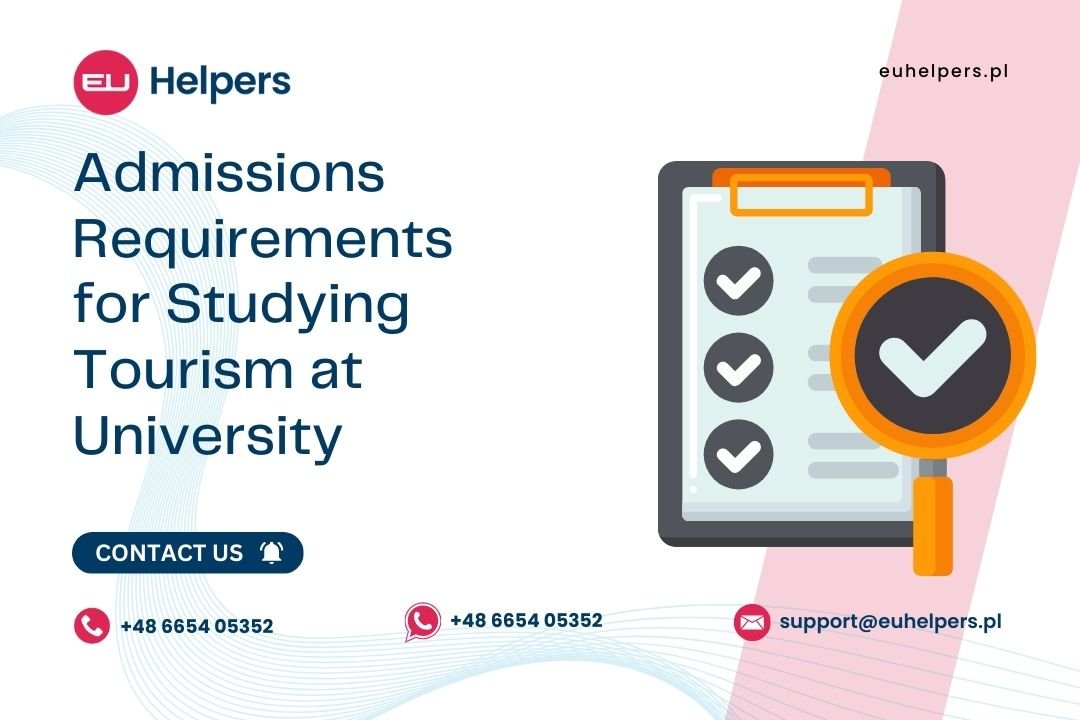Pursuing a degree in Tourism, whether at the Bachelor or Master’s level, requires meeting specific admissions criteria that can vary from one university to another. However, there are several common requirements that most institutions expect from applicants.
First and foremost, universities typically ask for proof of English proficiency. This can be demonstrated through previous education in English or standardized tests like IELTS or TOEFL. It’s important to verify what level of proficiency is required by the particular program you're interested in.
In addition, most universities require a motivation letter. This is a critical document where applicants express their passion for the field, explain why they wish to study Tourism, and outline their future aspirations. It offers a chance to show a genuine interest in the program and stand out from other candidates.
A well-structured CV is also commonly requested. This provides an overview of your academic background, work experience, and relevant skills. It’s essential to highlight any experience related to tourism, hospitality, or customer service to strengthen your application.
Another key requirement is past academic records, typically in the form of grade reports or a transcript of records from previous studies. These give the admissions team insight into your academic performance and potential for success in the program.
For those applying for a Master’s degree, reference letters from academic or professional contacts are usually necessary. These letters should speak to your skills, character, and suitability for further academic study in Tourism.
Some programs may also require applicants to pass an entrance exam or participate in an admissions interview. This is more common in highly competitive or specialized programs, where institutions seek to assess not only academic ability but also personal qualities that will contribute to success in the field.
Since entry requirements can vary significantly from one program to another, it is crucial to consult the official website of the university offering the course you're interested in. This will provide the most accurate and up-to-date information on what is needed to apply successfully.
By understanding and preparing for these requirements, applicants can improve their chances of securing a place in a Tourism program that matches their academic and professional goals.

